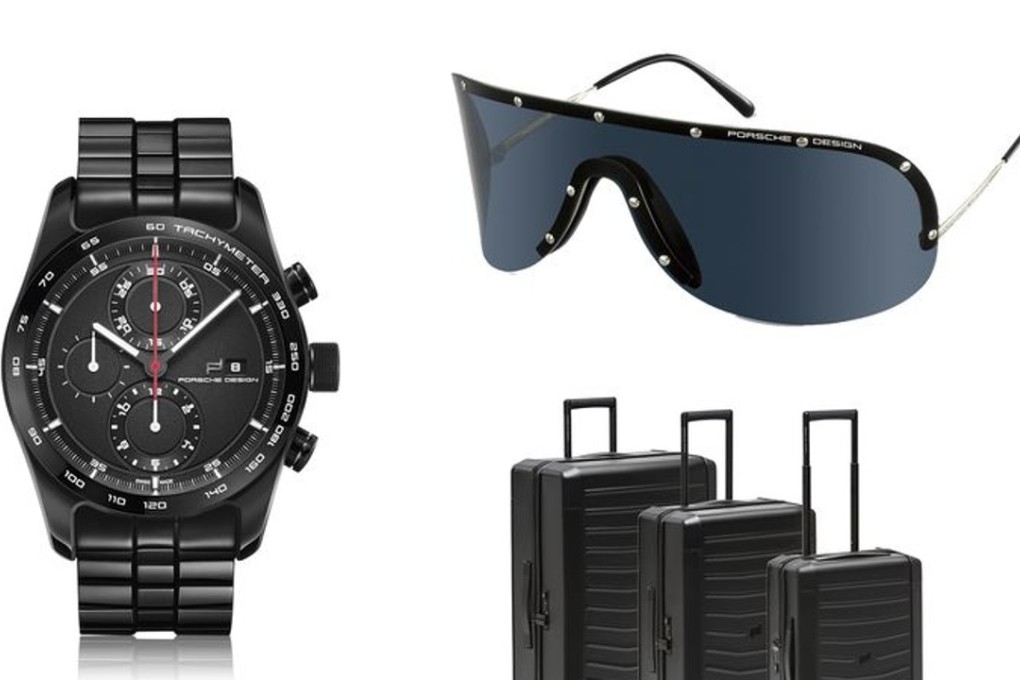Porsche designed a sleek machine for China's rich – and it’s not a car, it’s a washing machine
- With an expanding middle-class that often likes to flaunt its new wealth, China has become the biggest appliance market for Panasonic outside Japan

With its sleek silver body and advanced anti-vibration suspension, everything about this Porsche product screams luxury built for speed.
But the 2018 Alpha isn’t a coupe. It’s a washing machine designed by the famed German sports car maker for Japan’s Panasonic Corp. The US$2,900 appliance is available only in China.
With an expanding middle-class that often likes to flaunt its new wealth, China has become the biggest appliance market for Panasonic outside Japan. But the washers, dryers and refrigerators sold there require ultra-high-end features like German design or smartphone connectivity that consumers elsewhere might not be willing to pay for, according to Tetsuro Homma, head of Panasonic’s appliance division.
“Their appetite for consumption is phenomenal,’’ the 57-year-old said in a recent interview at the company’s Osaka headquarters. “We cannot make enough of these washing machines.”
China’s love affair with Japanese consumer goods goes back decades and Panasonic has had particular cachet. Deng Xiaoping, the leader who started China’s economic reforms, went out of his way in 1978 to meet Panasonic founder Konosuke Matsushita during a visit to Japan, in which he toured a colour TV factory and sampled microwaved food.
In 1987, Panasonic became one of the first Japanese companies to open a factory in China, with a TV plant in Beijing, but the country has evolved from a production hub into a major consumer market.